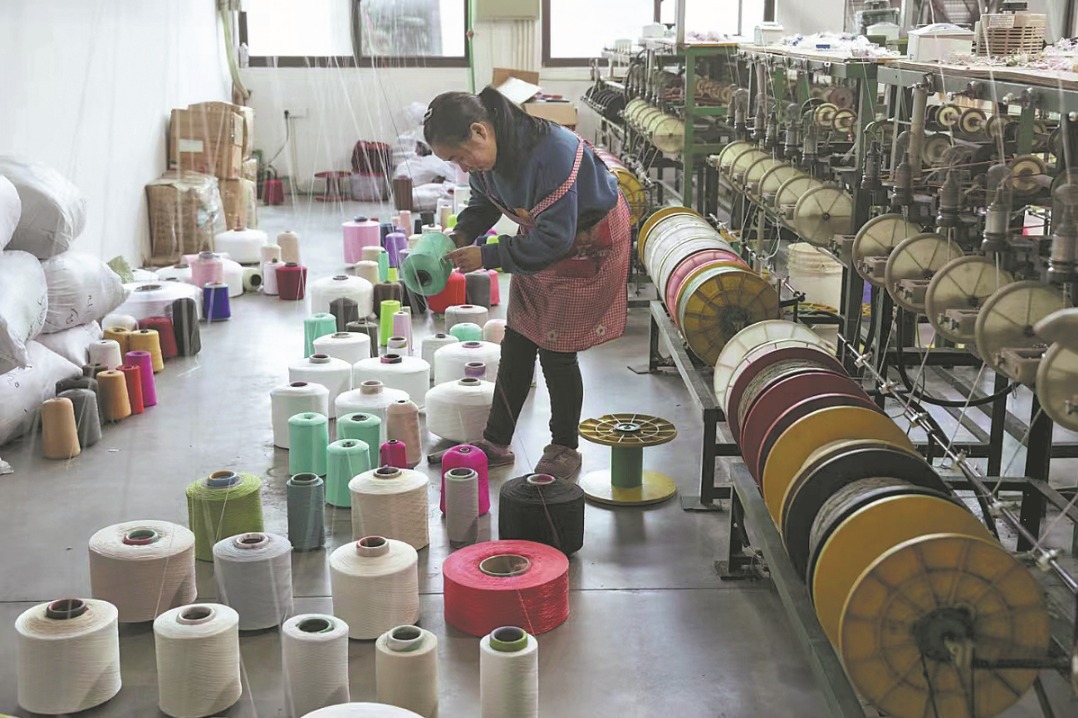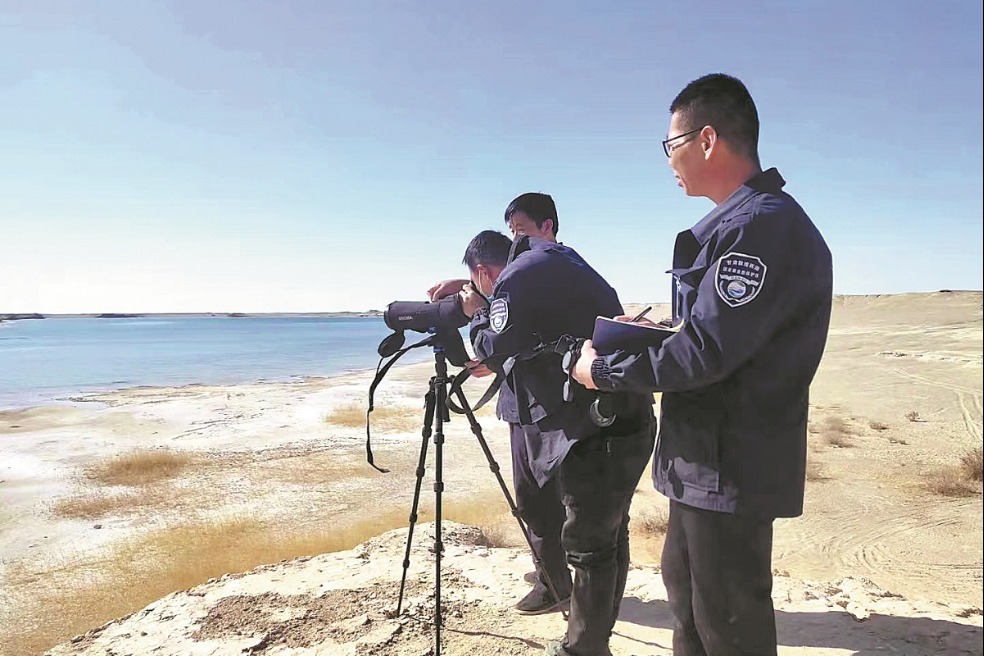New AI tool speeds treatment for troubled newborns

A hospital in Guangzhou, Guangdong province, launched an artificial intelligence clinical adviser for medical workers on Wednesday to empower them to better screen, diagnose and treat infants with urgent problems.
The new AI "large model" — called the NeoAI Precision — was developed by the Guangzhou Women and Children's Medical Center and Digital Health China Technologies Co. It supports clinical decision-making within critical time windows.
Built on the Chinese AI model DeepSeek and using clinical data from multiple neonatal intensive care units, or NICUs, NeoAI Precision can rapidly assess an infant's condition, trigger alerts and recommend timely interventions in real time.
"Many conditions in infants are atypical and require a lot of data for quick diagnosis," said Zhou Wenhao, president of Guangzhou Women and Children's Medical Center.
About 5.6 percent of infants are born with defects of varying severity, many of which are not immediately apparent. The AI model aids in early detection, before clinical symptoms appear, by combining the results of genetics screening, lab tests, imaging and other information. The system also identifies rare and complex diseases by drawing on multidisciplinary expertise and analyzing diverse data from NICUs.
Premature babies, who are very fragile, make up a significant proportion of the patients in NICUs. Those weighing below 1 kilogram at birth usually need to stay in the NICU for one to two months.
NICUs face complex challenges, including rapid and unpredictable changes in an infant's condition. Decision-making is time-sensitve, and it's difficult to manage fragmented information and diverse disease presentations, Zhou said.
Additional challenges are presented by new equipment and methods, lack of standardized diagnoses and treatments, unbalanced distribution of medical resources and low accuracy in screening for inherited metabolic disorders, he said.
"About 5 percent of infants with serious diseases are treated in NICUs, where they are monitored with equipment. AI technology helps integrate the indicators so that medical personnel can make judgments in the shortest time possible," Zhou said. "In an NICU, we need a very experienced team. But it takes a few decades of training to make a good doctor."
Accessible free via mobile phones and computers, the model also offers parents post-discharge education and guidance on infant care. It supports training for healthcare workers at grassroots medical institutions, focusing on the care of premature babies, risk assessment and infant transfer procedures.
Zhou said the model will continue to evolve and is expected to be rigorously tested in 50 to 60 hospitals.




































